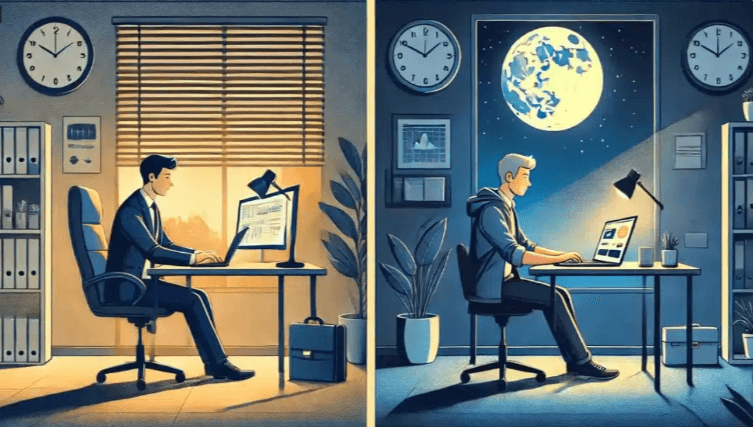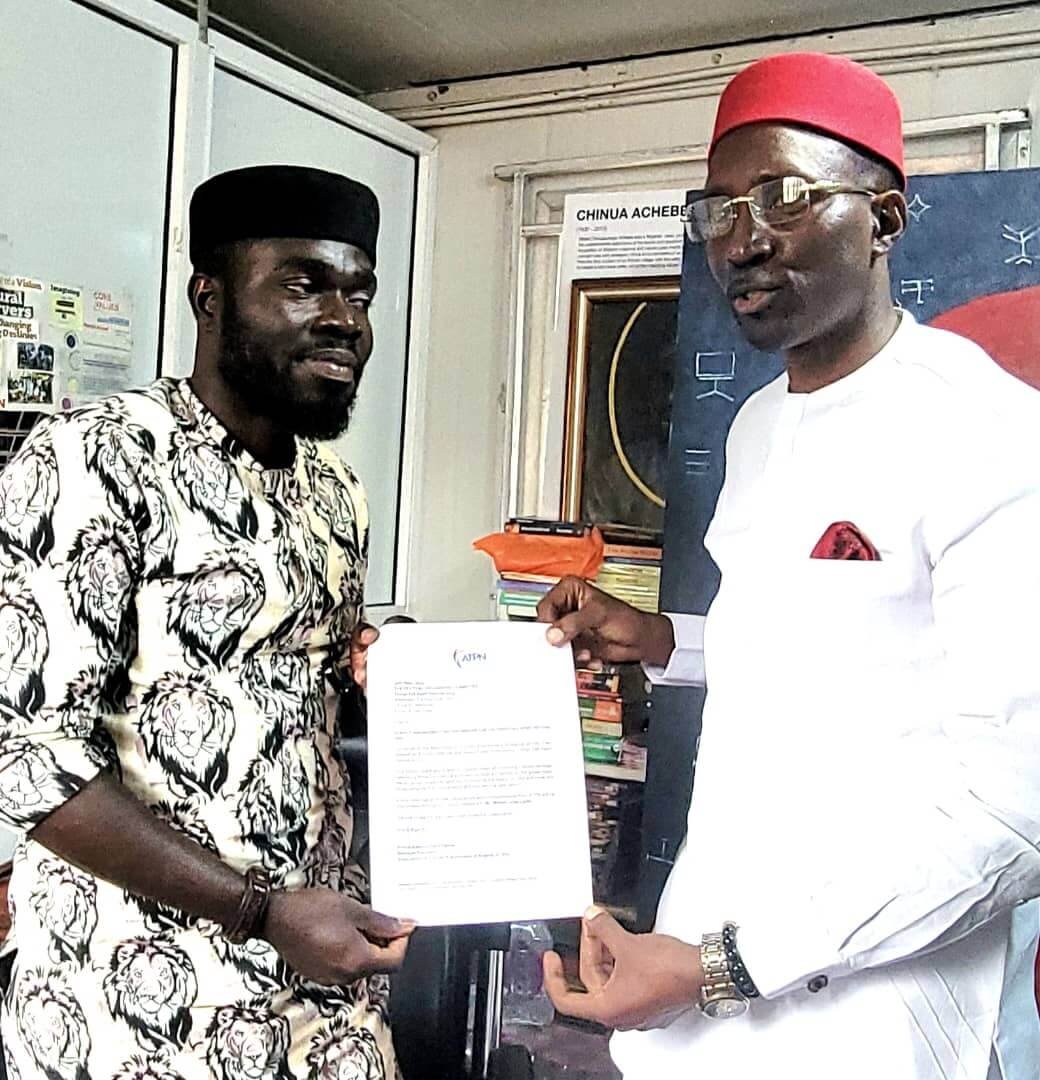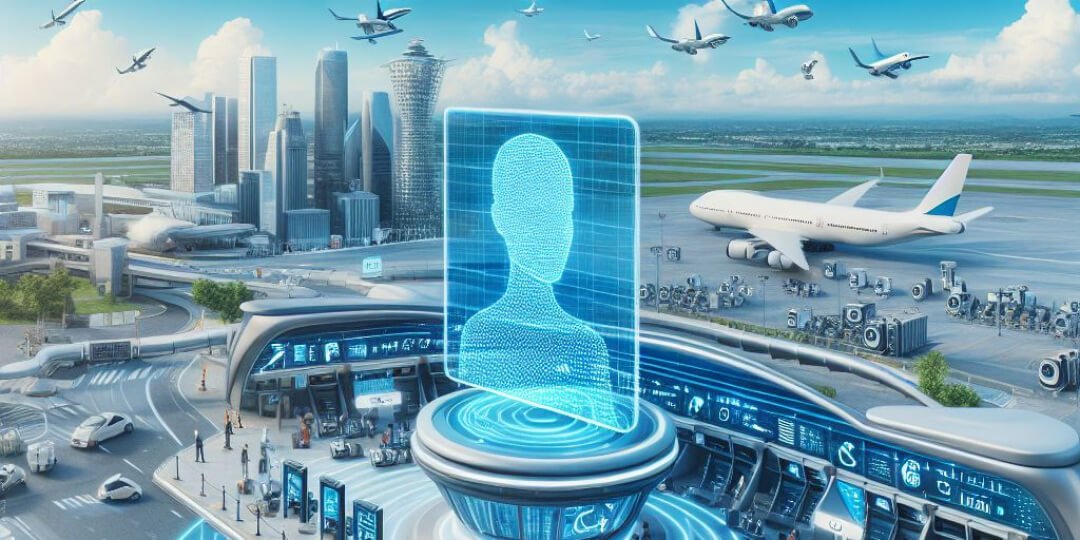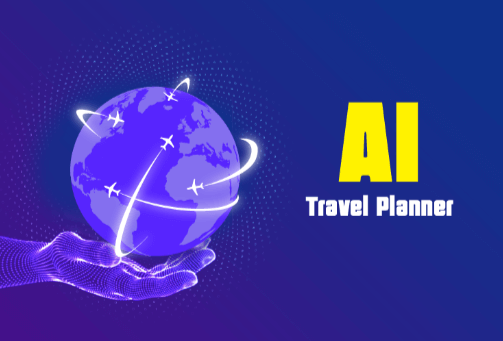
What is the correlation and which one wins in the age-old memory loss vs driving debate? Your doctor has just told you that you have Alzheimer’s disease or mild cognitive impairment. Does that imply you shouldn’t be operating a vehicle?
Thank you for reading this post, don't forget to subscribe!
Memory loss vs driving: driving necessitates the coordination of numerous brain units.
Driving is a risky pastime and a difficult skill to master. In the US, traffic accidents claimed the lives of over 43,000 individuals in 2021.
Driving necessitates the coordination of numerous brain systems in addition to physical fitness. The four pairs of lobes in the left and right hemispheres of your brain make up the reasoning portion of your brain. The occipital, temporal, parietal, and frontal lobes are all engaged when you are driving:
- You can discriminate between bicycles, cars, and pedestrians. This is thanks to the processing done by your brain’s visual-object system in the occipital and temporal lobes.
- Your occipital and parietal lobes’ visual-spatial systems work together. They map out where vehicles, bicycles, and pedestrians are on the road. They also estimate their speed and project where they will be in a few seconds.
- Your auditory system in your superior temporal lobe and the attention system in your parietal lobes keep you aware of car horns and other danger signs.
- This visual, aural, spatial, and mobility data is used by your frontal lobes’ decision-making system to decide how fast you should be moving and whether you need to turn.
- These choices are then translated by the motor system in your frontal lobes into how firmly you press the pedals and whether you turn the steering wheel.
Conscious and unconscious brain activity coexist when driving.
Wow, you might be wondering, “How can I accomplish all of these things while I’m driving ?”. The majority of your normal driving happens automatically and instinctively once you’ve learned to drive, is the response. In reality, there is mounting evidence that you carry out the majority of your daily tasks automatically, without consciously choosing how you will behave. Because of this, if you get sidetracked while driving, you can realize that you’re driving to work when you planned to go to the grocery store instead.







